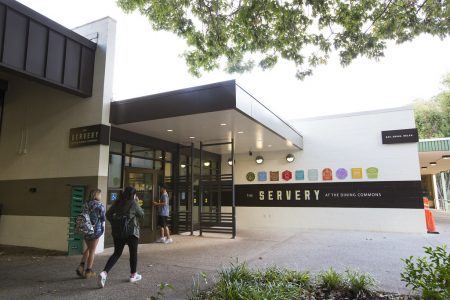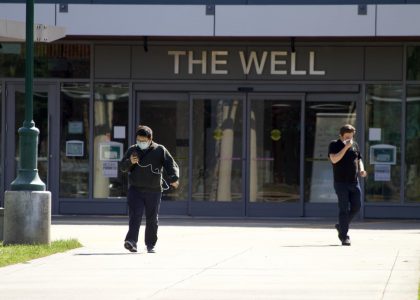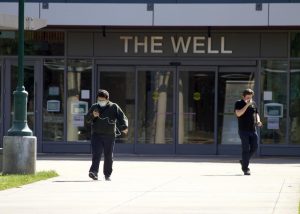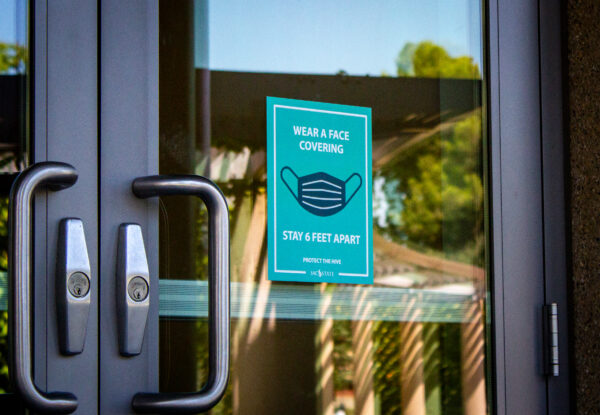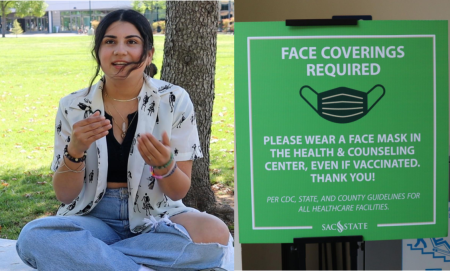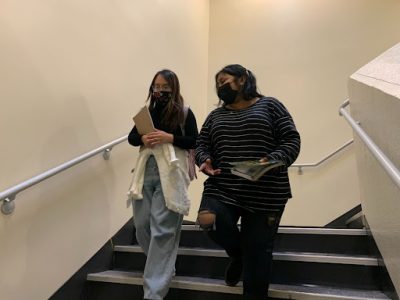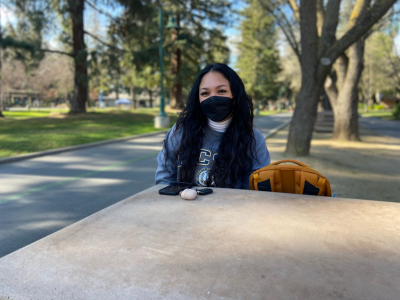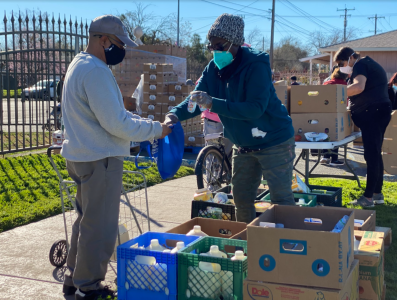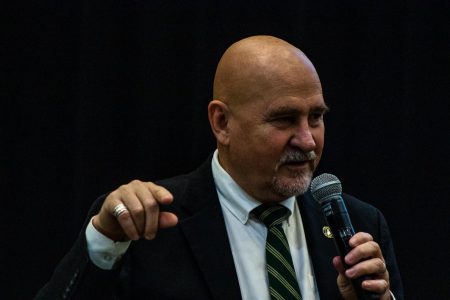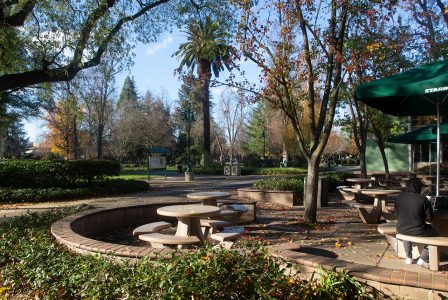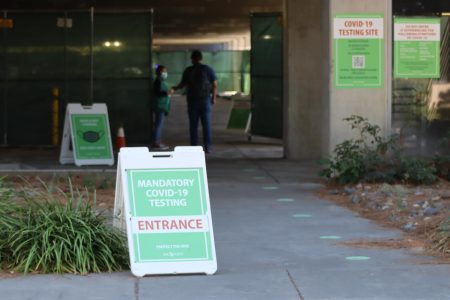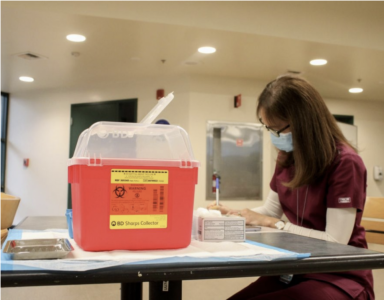Stay-at-home order for Sacramento region to go into effect end of day Thursday
ICU capacity in the region falls below 15%
California State Capitol steps empty, except for a few graduates taking photos, due to the COVID-19 pandemic and stay-at-home orders Friday, May 15, 2020. A new regional stay-at-home order will go into effect in the Sacramento region by Friday.
December 9, 2020
A new regional stay-at-home order will be issued by Friday for the greater Sacramento area after the region fell below 15% ICU capacity.
The Greater Sacramento region is currently at 14.3% ICU capacity, down from 18.8% on Tuesday.
The order will impact 13 counties, including Sacramento County.
According to the stay-at-home order, when a region falls below 15% ICU capacity, the order will go into effect the following day at 11:59 p.m. and will last for at least the next three weeks. Sacramento County Director of Health Services Dr. Peter Beilenson said in a recent forum about COVID-19 that “county residents should prepare for a 6-week stay-at-home order.”
RELATED: Prepare for a 6-week stay-at-home order, Sacramento County Health officials say
Businesses that must close during the shutdown include:
- Indoor and outdoor playgrounds
- Indoor recreational facilities
- Hair salons and barbershops
- Personal care services
- Museums, zoos and aquariums
- Movie theaters
- Wineries
- Bars, breweries and distilleries
- Family entertainment centers
- Cardrooms and satellite wagering
- Limited services
- Live audience sports
- Amusement parks
RELATED: FAQ: What does a stay at home order mean for Sacramento County?
In addition, modifications will be applied to the following business sectors:
- Restaurants: Only open for take-out and delivery
- Retail and shopping centers: Only 20% capacity indoor operation with special hours for seniors and those with chronic immune conditions
- Offices: Telework only
- Places of worship: Outdoor services only
- Entertainment production and professional sports: Operation is allowed without live audiences but bubble environments and testing protocols are encouraged.
- Hotels and lodging: Only open for critical infrastructure



























































































































